If there was a tribunal for crimes during peacetime similar to the Nuremberg Tribunal, one of the first cases to be judged would be the exemplary destruction of Greece by the European Union and the governments of its member states, by the International Monetary Fund and by the European Central Bank. The participation of the IMF in the Greek program proves also the indirect but clear agreement of the US to the program of destruction of Greece.
These organizations took a country that was facing serious problems (the responsibility for which lies both on its own elites and those in Europe at large… the two are deeply interlinked, especially in terms of their corruption) and “rescued” it by nearly destroying it. These forces imposed “reform” on Greece and initiated a “bailout” program which caused the country to lose more than a quarter of its GDP, to increase its public debt by 50% in relation to GDP and to acquire massive private debt. This program had an enormous social impact, destroying the lives of millions of Greeks and leading thousands of them to commit suicide, while the most important social rights Greeks had won during the 20th century were all but abolished.
The decline in Greek GDP was a material loss similar to the one suffered by the US or German economy during the Great Depression of 1929. It was higher in relation to the GDP than the material losses of Germany or France during World War I. As a result of this program, the Greek public debt increased from 110% to 180% of GDP, a large private debt bubble was created and the country’s competitiveness was reduced drastically, alongside its human capital (as a result of the mass migration of young scientists abroad and demographic shrinkage). Most of Greece’s problems today are worse than they were ten years ago.
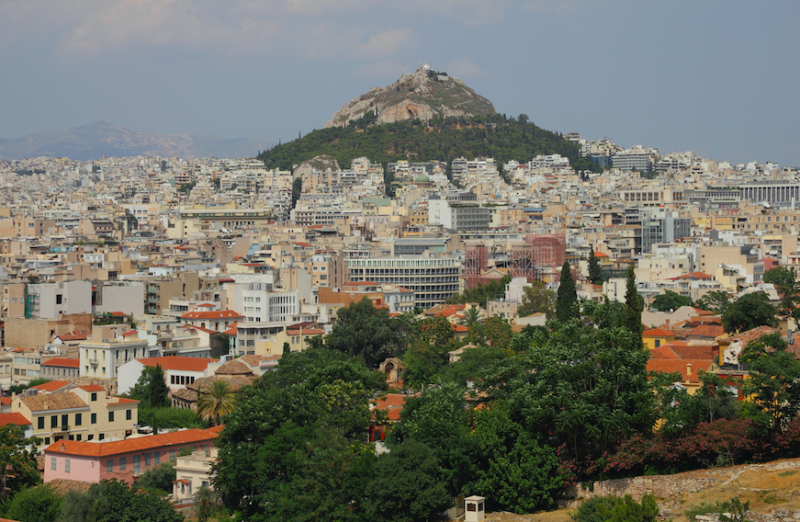
Wikimedia Commons
Despite the propaganda of European governments, the EU and the main Greek political parties, Greece remains trapped in long-term “extremely unsustainable debt”, according to the IMF, and is bound by the unprecedented, even for the Third World countries, neo-colonial terms of the agreements imposed on it, despite the will of its people, as expressed in the 2015 referendum. This means that, unless this debt is restructured, Greece itself will not be sustainable in the long run. The long-term unsustainability of the Greek state is evident in its demographic decline, the ageing of its population and the emigration of the young people. Greece will always exist as a geographical location, but if things continue to go the way they are going now, it will become a “Greece without Greeks” within a few decades. This, by the way, has long been the dream of various Western politicians, including Adolph Hitler himself. According to what Winston Churchill wrote in his Memoirs, the German Chancellor was planning to move all Greeks to the Middle East and transform their country into a region for Aryans to vacation. Hitler was unable to realize this goal, but it seems the alliance of Bankers, Germany and the EU has a serious chance to. The only difference with Hitler’s projects being that Greeks are emigrating everywhere rather than just the Middle East.
If we examine the Greek “bail-out” program as a program to “help save” the country, it is clear that it is by far the worst economic policy program ever implemented. In the future, all university books on economy will begin with a chapter: “The Greek program: what a country must never do.”
However, if we examine the program as an exercise in how to loot and destroy an entire country, it is perhaps one of the most effective ever implemented, with the sole exception of the “shock therapies” and rapid introduction of capitalism in the former Soviet Union and the Balkans.
I once asked Mr. Reichenbach, the head of the European Task Force for Greece, why Greek GDP fell by 27%, while in other countries in Southern Europe it fell by little more than 8%. He gave me a rather straight answer: “We subtracted from the Greek economy three times the demand we subtracted from the Portuguese one. As a result we had a depression three times bigger in Greece than in Portugal.”
The Greek program was not a mistake. The ECB, the EU, the IMF and the European governments employ the services of some of the best economists in the world. How were they able, all of them and simultaneously, to make such a colossal mistake? And when they discovered the mistake, why did they not fix it?
This is why we have argued from the beginning of the implementation of this program, that it was not a mistake, it was a crime. This is why we believe those who forced this program on Greece deserve to be tried by a court similar to the one convened in Nuremberg in the aftermath of World War II.
From Hitler’s reich to the banker’s
Of course there is not, nor could there be a court like the one that took place in Nuremberg today, neither for the crimes of peace, nor for the crimes of war. The existing International Courts do not function so much as courts, but rather as enforcement instruments for the new world order. International political conditions would need to change radically for us to be able to speak about achieving true international justice.
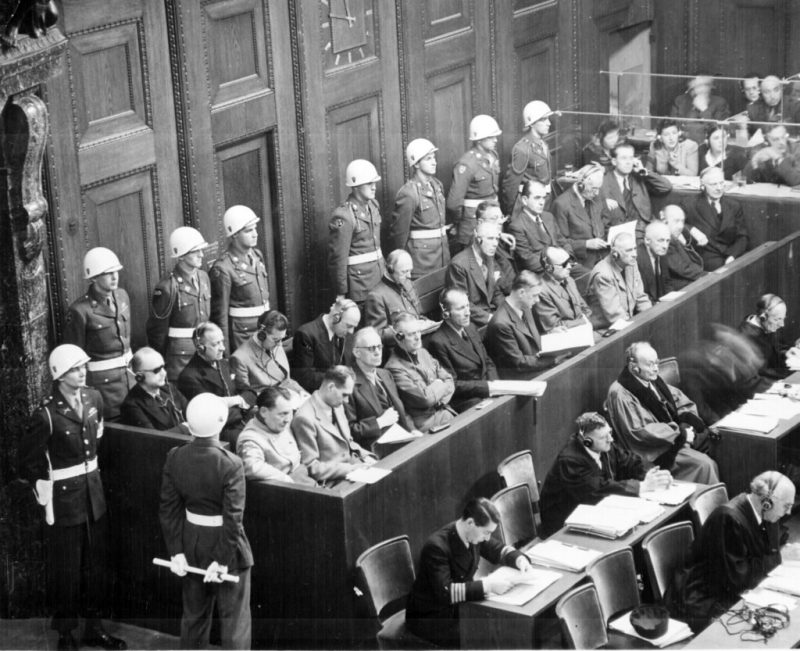
Flickr
The Nuremberg tribunal was convened in the aftermath of the defeat of the Nazi totalitarian project, a huge victory for all democratic humanity which was made possible only because the Soviet Union existed, only as a result of the sacrifice of the lives of tens of millions of people, the vast majority of whom were Soviet citizens.
Today, on the contrary, we are experiencing the rise of the new financial totalitarianism, an “Empire of Finance.” This empire is far less visible than Nazi and Fascist totalitarian regimes, yet, this dictatorship of world bankers is by far more dangerous and effective than both Hitler’s and Mussolini’s regimes.
In the case of Greece, Angela Merkel, Wolfgang Schäuble, Jean-Claude Juncker, Christine Lagarde, Jeroen Dijsselbloem, Dominique Strauss-Kahn, Jean-Claude Trichet and all the others who took the decisions on Greece in 2010 and the years that followed, did not act as independent politicians, they acted as agents of the empire of the international financial capital.
In Fyodor Dostoevsky’s masterpiece “Crime and Punishment”, it is impossible for Raskolnikov to ignore the guilt which is forcing him to return to the home of the old lady he assassinated. The same is happening now with Trichet, Juncker, Pierre Moscovici, Dijsselbloem and most of the other “hit men” who destroyed Greece (Only Scheuble seems very happy with the havoc he provoked). All of them have given interviews to Greek media and lectures explaining how much they love the Greeks despite having destroyed them and their country. They admit international organizations made a “mistake” and were unjust towards Greece, but never propose a “correction” or any form of reparation for these errors and injustices.
They explain how hard they fought to keep Greece inside the Eurozone and the EU without even realizing that in doing so, they are admitting this zone and this Union are the property of somebody else, not of its members, or, at least not of all of them. They usually conclude by suggesting that Greece remain firm on the “reform path” that has been agreed upon with the Creditors, that is, on the path of destruction toward the “Greece without Greeks” I described before.
Why they want to destroy Greece
Greece was used as a scapegoat, as a guinea pig and as a bogeyman, for purposes of far greater importance than the importance of the country itself. The strategic goal of this enterprise was and remains the destruction of the democratic elements still remaining in the functioning of European states and the EU and also the destruction of the European social welfare state. In the Greek “bail-out” program we can also discern easily geopolitical aims (such as western and Israeli control of a strategically very important area in Eastern Mediterranean). There is also an important cultural – ideological vector.
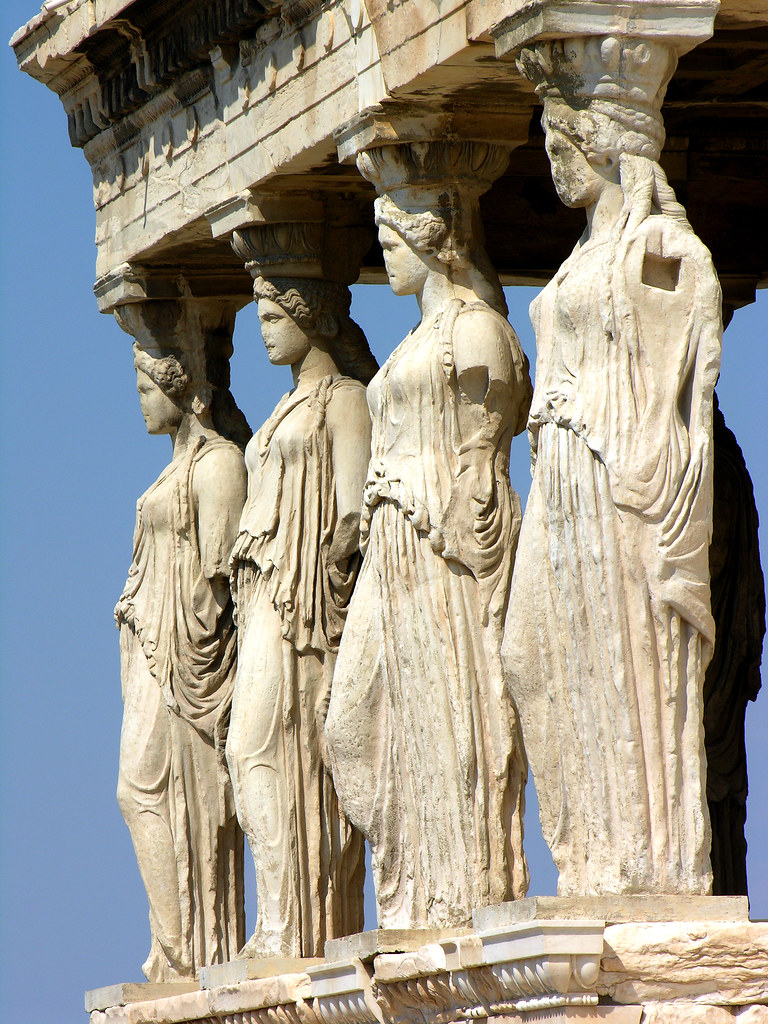
After all, ancient Greece is the symbol of Freedom and the “mother” of logos and democracy. In the modern era, the Greek national project was conceived after the occupation of Constantinople by the Crusaders in 1204 as a project of resistance, of “disobedience” to authoritarianism. The Greek national revolution (1821) was also a revolution against the order of the Holy Alliance reigning in Europe after Napoleon’s defeat, which is the reason people like Victor Hugo, Pushkin, Delacroix or Lord Byron were inspired by it. In the 20th century, and under German Nazi occupation of Europe, the Greeks developed by far the most massive (compared to the size of the country) movement of armed resistance, controlling two thirds of their country before German troops were obliged to evacuate it.
It is, therefore, perfectly normal that the representatives of the new totalitarian order regard the Greeks as one of their greatest and most hated enemies! The clearly sadistic contempt expressed by nearly all German media towards Greece and Greeks, including towards the heritage of Ancient Greece, in 2009-10, was a clear reflection of this psychology. The same is true of the fact that the denomination PIGS is being used by western media to describe the countries of Southern Europe.
On a symbolic, ideological level, there is no more important victory for the forces of post-modern financial totalitarianism than the one they can achieve in the same land where Protagoras taught and where Pericles ruled, in the same city where, for fifty years, we had the most advanced and authentic democratic experiment in all history of mankind.
In reality, the Greek “bail-out” programs have been an experiment of European and world importance, an experiment in the destruction of a historic nation, of the social welfare state and democracy in Europe. The Greek state was abducted by international finance, an alliance of the “German Faust” with the “Devil of Finance”.
The first act of this modern Greek tragedy was the signing of the first Loan Agreement and the first MOU in 2010. The second act was the “debt restructuring” of Greek debt in 2011 – 12 (PSI), the first debt restructuring in world history against the interests of the debtor! The third was the “execution” of Greece and its elected SYRIZA in the first half of 2015.
For the latter case, we now have two documents of enormous importance. The first is Kostas Gavras’ film “Adults in the Room” and, second, the recordings of the meetings of Eurogroup, the eurozone finance ministers’ council, made in 2015 by Yianis Varoufakis. These documents not only illuminate what has happened in Greece in 2015, they allow us to understand in depth the structure and the functioning of the modern emerging totalitarianism. In our next article we will present the main conclusions we can draw from these documents.


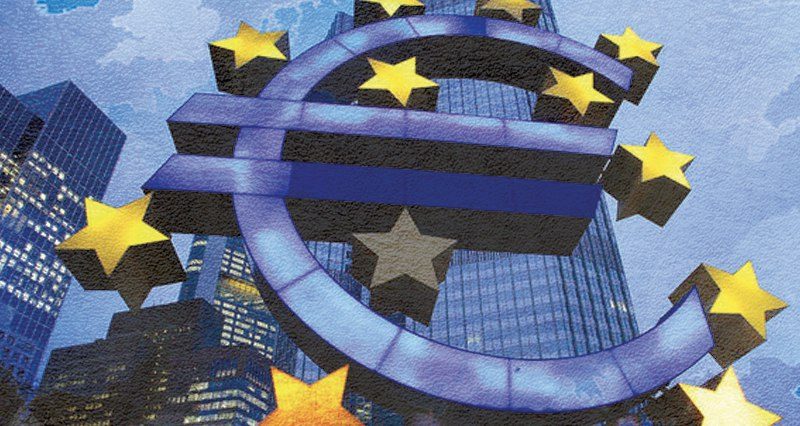


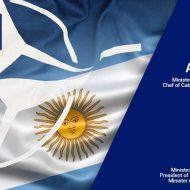



Leave a Reply